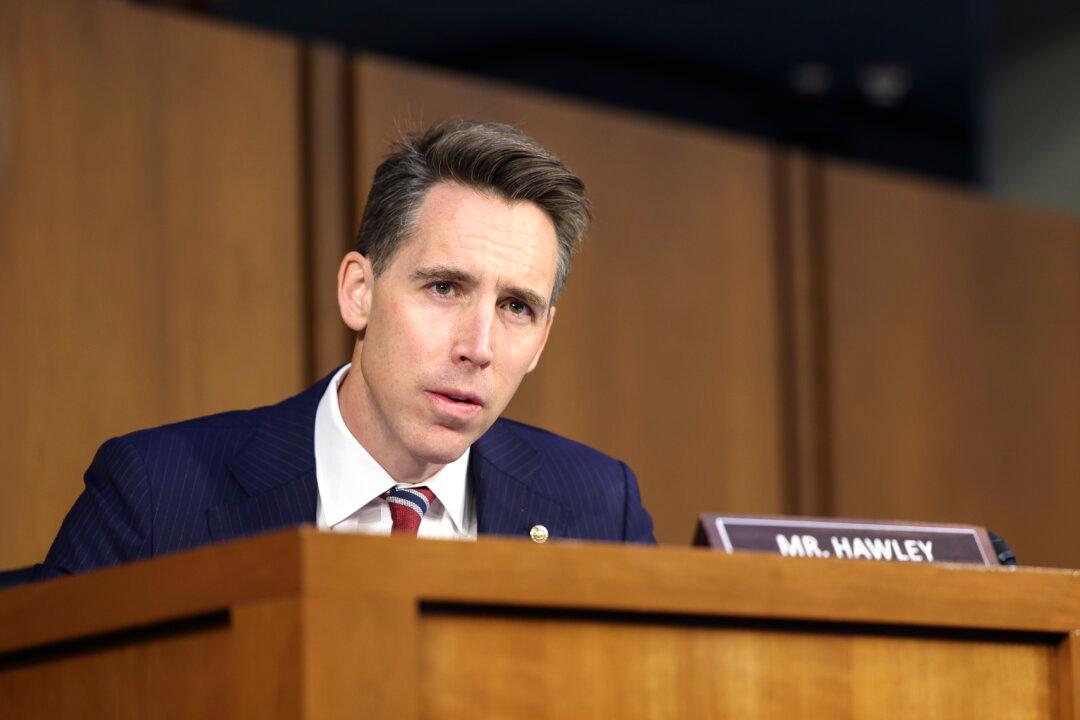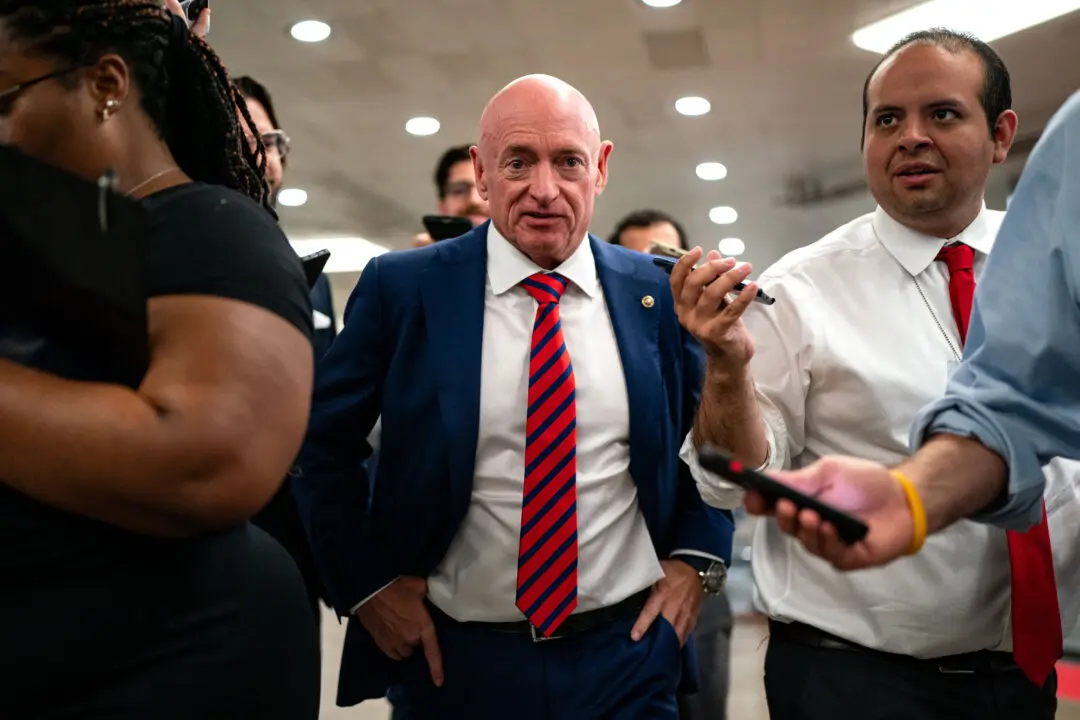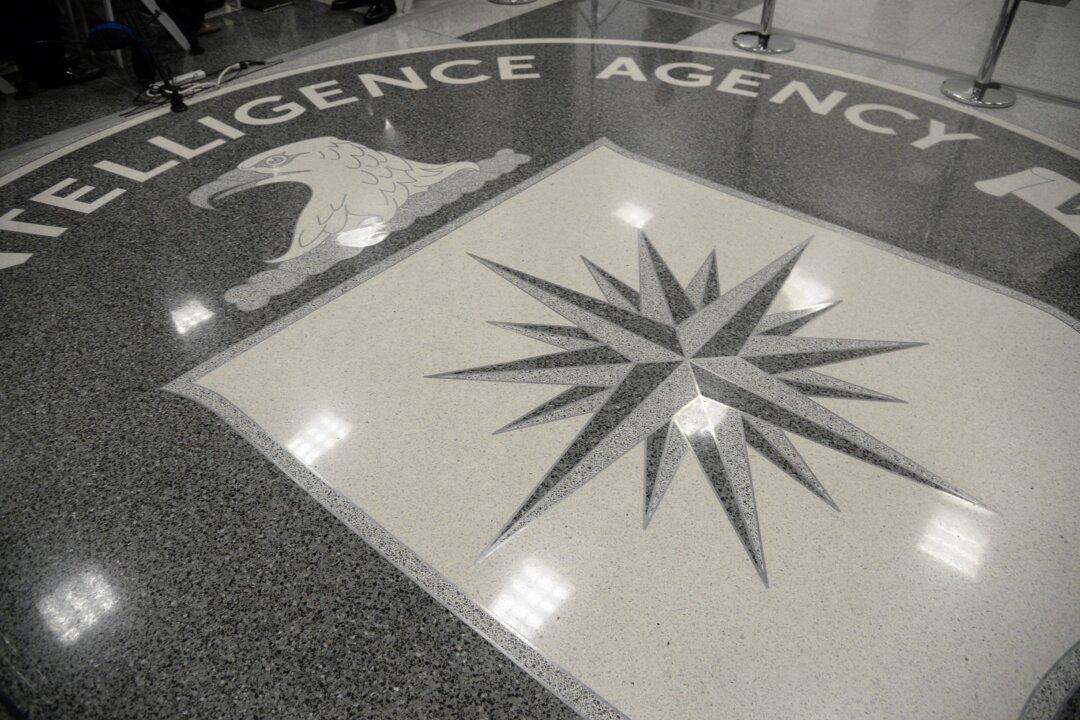Sen. Josh Hawley (R-Mo.) is alleging Attorney General Merrick Garland gave false testimony when he denied that the Department of Justice has been cultivating informants inside the Catholic Church.
Lawmakers first began raising questions about DOJ efforts to infiltrate Catholic churches after the Daily Signal obtained whistleblower documents from the FBI’s Richmond Field Office that described the threats posed by “radical-traditionalist Catholic” (RTC) ideology. The FBI acknowledged the authenticity of those documents insofar as to say they were rescinding the documents, which they said did not meet the agency’s standards.





